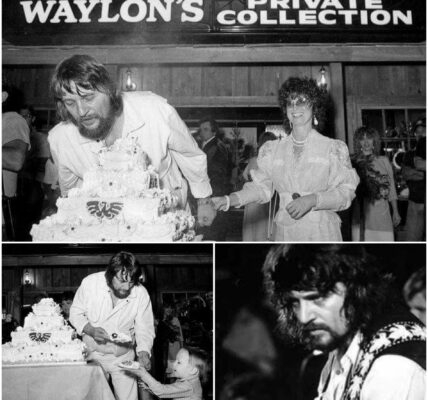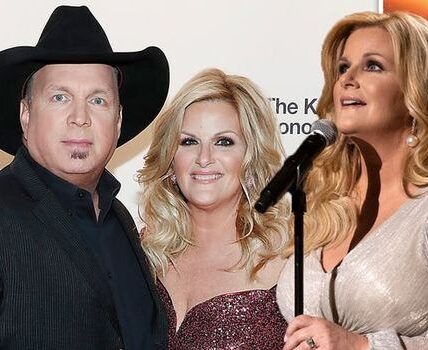Waylon Jennings’ Quiet Masterpiece: The Heartbreak and Pride of “Pretend I Never Happened”
Waylon Jennings’ Quiet Masterpiece: The Heartbreak and Pride of “Pretend I Never Happened”
Few voices in country music history carried both grit and tenderness like Waylon Jennings. In 1973, at a pivotal moment in his career, Jennings released “Pretend I Never Happened”—a song that distilled heartbreak into something quiet, proud, and hauntingly unforgettable.

A Turning Point in Waylon’s Career
The track appeared on his album Lonesome, On’ry and Mean, a record that marked Jennings’ growing independence as he fought for creative control in Nashville. This was the early spark of the outlaw movement, where Jennings and peers like Willie Nelson would break from Nashville’s polished sound to carve out something rawer, truer, and more personal.
“Pretend I Never Happened” fit perfectly into this new chapter. It wasn’t flashy or designed for the charts. Instead, it was intimate—a simple breakup song stripped of anger, bitterness, or melodrama.
A Breakup Without Bitterness
At its core, the song is about loss. But unlike many breakup ballads, Jennings doesn’t lash out or beg for reconciliation. Instead, he delivers the painful truth with a kind of dignity that became his hallmark. His message to the woman who left him is resolute: if she’s going to move on, she should do it completely, as if he never existed at all.
“Pretend I never happened, baby / Pretend you never saw me,” he sings, his voice firm and low. There’s sorrow in his tone, but also strength—an acceptance that love sometimes fades and clinging to it only deepens the hurt.

Power in Restraint
What gives the song its enduring impact is Jennings’ restraint. There’s no vocal acrobatics, no swelling orchestration—just a steady, aching performance supported by acoustic guitar, soft steel, and a slow tempo that lets every word land. Jennings doesn’t dramatize the pain. Instead, he embodies it quietly, making the heartbreak feel all the more real.
This understated approach became a blueprint for Jennings’ artistry. He could tackle emotional themes without sentimentality, presenting loneliness and loss with honesty, not embellishment.
Universal Themes, Personal Delivery
Lyrically, “Pretend I Never Happened” echoes themes that recur throughout Jennings’ catalog: pride, independence, and survival. It’s not about revenge or regret. It’s about knowing when to step away, even when it hurts. For listeners who have walked away from love without closure—or felt the sting of being forgotten—the song strikes deep.
It’s not just a breakup song. It’s a declaration of self-respect in the face of pain.

A Fan Favorite, If Not a Chart-Topper
The track never became one of Jennings’ biggest radio hits, but among his loyal fans, it remains a hidden gem. Its quiet power showcases why Jennings was more than a star—he was a storyteller, unafraid to sing the truth of human emotion in all its rough edges.
Why It Endures
Decades later, “Pretend I Never Happened” still resonates because it captures something timeless: the ability to face heartbreak with dignity. Jennings’ delivery is weary but unbroken, vulnerable yet unashamed. It’s country music at its rawest and most human—simple, direct, and unforgettable.
For anyone who wants to understand why Waylon Jennings became an icon of the outlaw movement, this song offers a perfect glimpse: unpolished, unflinching, and honest to the bone.




